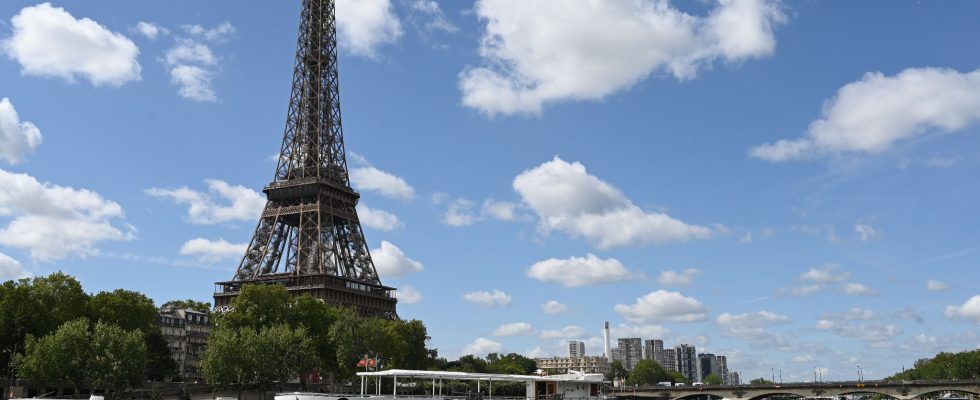Less than three hundred and sixty-five days before the launch of the Paris 2024 Olympic Games, France is preparing to host one of the biggest international events. Guy Drut, Teddy Riner, Marie-José Pérec, Tony Estanguet, Laure and Florent Manaudou, among many others, made us dream by inscribing their names in history. But beyond the sporting emotions, these Games will also be an opportunity to highlight the richness of our territories, our heritage and our French way of life. For sixty-eight days, the Olympic flame will mark France, honoring the most emblematic cities and sites of our country. Because the path that remains to be traveled is not very long, the requirement of solidity and patriotic solidarity is essential. This is why the fire fueled by criticism – so typically French – is infuriating.
To those, too many among the commentators, who pretend to forget it, let us recall that the Parisian candidacy had been able to seduce the International Olympic Committee by its many assets. And for good reason, even before the official announcement of the winner, the Parisian metropolis already had more than 90% of the equipment. The concentration of sites, mostly located in Ile-de-France, offered the advantage of a low ecological impact in terms of travel. The arguments concerning the transformation of the Olympic Village into future Ile-de-France accommodation and the strengthening of our transport infrastructure within the framework of Greater Paris also convinced the organizers. Less than a year from the start of the opening ceremony, the image of an entire country is at stake. It is up to everyone (organizers, public authorities, operators) to deal with the difficulties to come with professionalism and composure.
Among the challenges to be met, the security aspect is undoubtedly the most significant. Who says exceptional event says total mobilization. The Champions League final fiasco in May 2022 and the recent events of this early summer are serious warning signs. If Pôle emploi is working on the training of more than 30,000 security agents, its difficulties in recruiting should raise questions for us. Faced with the shortage of labor in the sector, rumors of a potential recourse to the army are rife. But it’s not his job…
Big challenges
One of the other major challenges is keeping the budget balanced for these Games. From 3.3 billion euros during the bid to 4.380 billion euros last December, the Organizing Committee for the Olympic Games has seen its budget increase by more than 30%. The Court of Auditors repeated it this week, uncertainties still weigh on the budget of these Games. The search for new sponsors and increased optimization of future expenses are more than ever inevitable. French companies dismissed for stupidly ideological reasons by Anne Hidalgo – such as Total Energies which offered 150 million euros – could usefully and politely be invited back to the table of tricolor donors. Let’s remember the 2016 Olympic Games, where the city of Rio, failing to control its budgets, was forced to launch an unprecedented austerity plan…
Finally, while 350,000 people with disabilities are expected for these Olympic Games, the conditions for their reception remain a serious problem for the organizers. How to make life easier for all wheelchair users and their companions knowing that Greater Paris has only 3,500 rooms equipped accordingly? How to make our public transport accessible today totally unsuitable for people with disabilities? Currently, only 3% of Paris metro stations are accessible. Our efforts must intensify and of course not stop on the evening of September 8, 2023 at the closing ceremony of the Paralympic Games.
* Jean-François Copé is a former minister and LR mayor of Meaux
